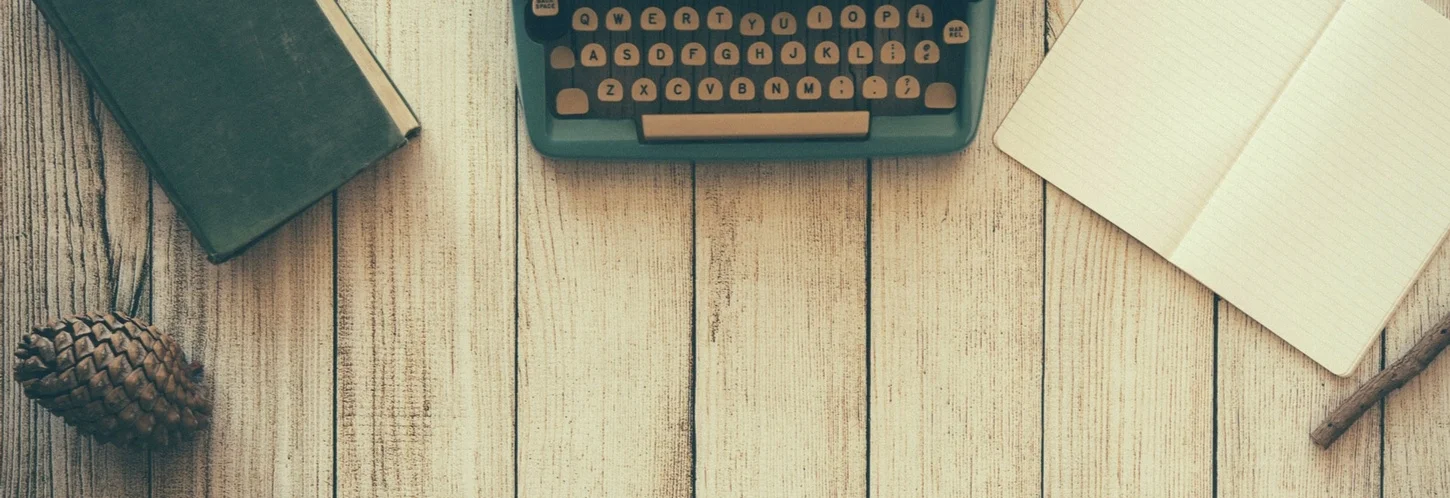As one who feels things deeply, my heart this week has been heavier than I could ever begin to describe. I am laden with grief. I am angry and sad and devastated and confused.
But mostly, I just feel... heavy. Weighed down. Pressed down.
What happened this week, or rather what has been brought to the surface by the election of Trump, is utterly horrifying to me. It's nauseating and maddening and frightening. But mostly? Mostly it is heartbreaking.
My head is left spinning with thoughts I can't seem to even wrap my hands around. I can't make sense of them for myself, let alone articulate them to anyone else. The depth of what I feel cannot be summed up in words—at least none that I am able to string together on my own. I find myself unable to process the incomprehensibleness of all this...
And so all I can do is sit in it.
With hot tears I scroll hastily past the posts and articles that aim to instruct me on how I should feel and what action I should take and how I should remember that God is in control. To be honest, I can't take the red bow just yet. To be really honest, I'm not sure I ever will, but certainly not now. I'm just not ready.
I simply need to give space for the mourning after.
Optimism can come later. Hope can (hopefully) be restored someday. Idealism and positivity and cup-half-full-ness can eventually make a rebound.
But right now? Right now, I'm still feeling that which I have no words for and still thinking heavy inarticulate thoughts that I don't know what to do with. So I'm practicing self-care and taking healthy doses of mourning-after meds.
My mourning-after medication looks like sitting together in the heaviness with safe-space friends. It looks like love and kindness and generosity. It looks like reading poetry, taking breaks from social media, earlier bedtimes, lighter schedules, and saying no. It looks like ridiculous dancing in my kitchen and in my car and in all manner of public places.
My mourning-after medication sounds like well-loved songs filling the cracks in my broken heart. It sounds like friends' voices, shaking but strong; it sounds like my own trembling voice as well; and at times it simply sounds like complete silence. It sounds like "just one more episode," and belly laughter wherever it may be found, and Leonard Cohen's hauntingly beautiful "cold and broken hallelujah".
My mourning-after medication smells like chai tea and vanilla candles and the unique scent of newly dyed hair. It smells like long, steamy showers; like peanut butter cups; like strong whiskey; like crisp autumn air; like coconut hand cream; like home.
My mourning-after medication tastes like comfort food: chocolate chip pancakes, garganelli verde, New York-style pizza. It tastes like bitter tears and acrid outbursts of indignation and words sparkling on the tip of my tongue. It tastes like fierce sorrow, sour loss, burning grief.
My mourning-after medication feels like fuzzy socks and cozy sweaters. It feels like bear hugs, given and received. It feels like my hands wrapped around a hot mug of cider; and like being snuggled under a soft blanket; and like deep, intentional, cleansing breaths. It feels like holding space for those who also know how to hold space for me.
I'm giving myself space for the mourning after.
And I commit to giving you space for it too.




